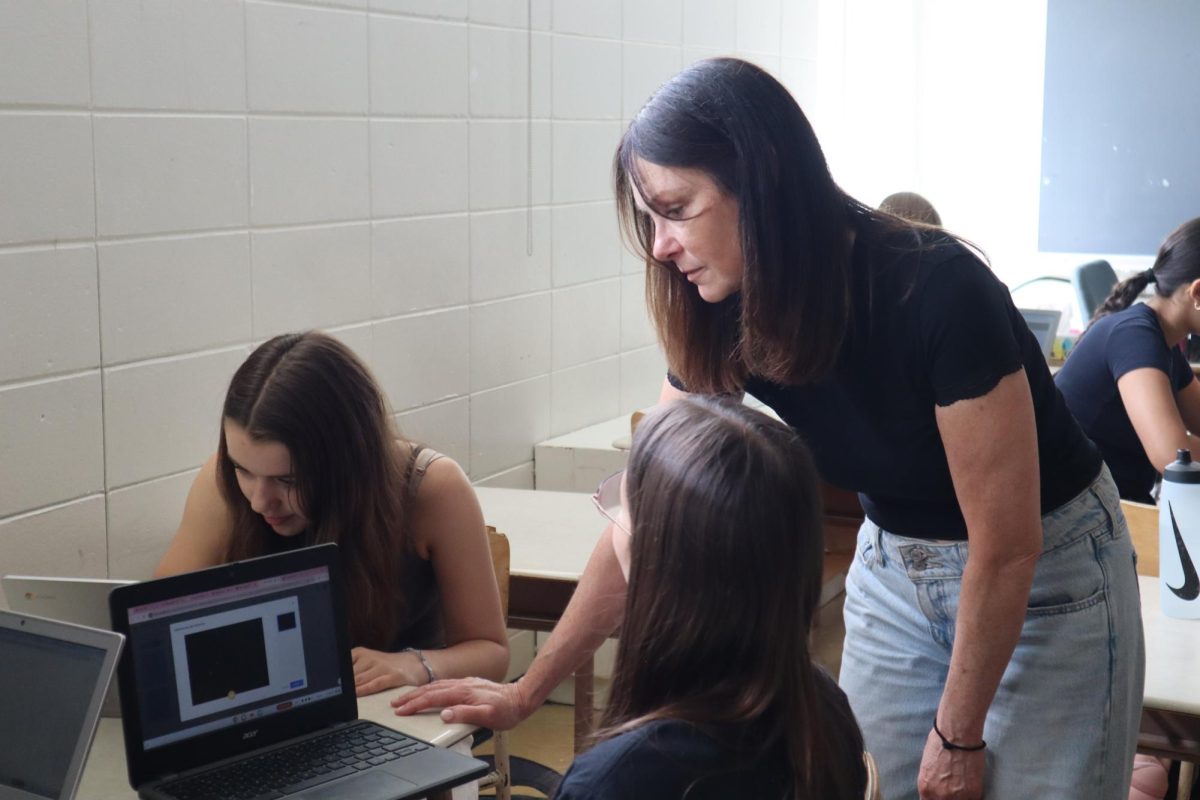Suicide is a serious matter that is still taboo in Québec and elsewhere. One in six people has had, have, or will have suicidal thoughts in their life, so here’s how to help someone :
1. Be there for them.
When someone trusts you enough to tell you about their suicidal thoughts, you need to keep it quiet. The first thing is to make sure they have a safe place (you) to talk to when things go wrong and reassure them you will not tell anyone unless their safety is at risk or they are open to getting help.
A good way to make them confide in you even more is to create a trusting climate where you can listen to them in total privacy. When they panic, some people like to talk and some just like to have company, on the phone or physically. Ask the person how and when they want you to help.
Another way to understand what they are going through is by asking casual but clear questions. You can analyze their non-verbal as well as their verbal language. For example, if someone is shaking their leg or playing with their jewelry, it can mean they are stressed. This way you can subtly evaluate their mental state and adjust accordingly.
Also, you can remind them how they got out of a depressive episode the last time, so they can remember that they are capable of doing it and strong enough to do so. Try to always bring them back to positive thoughts, unless, of course, they won’t listen to you. But having someone who reminds us of the positive side of life can change someone’s attitude.
2. Do not promise to keep it a secret.
The person’s first word after confessing might be “Don’t tell anyone please” or something like that, you can never agree to this. You have to make them understand no one will know unless the situation isn’t safe anymore. Explain to them that you will keep their secret from anyone who doesn’t have any business knowing it.
When we are a minor (18 years old and younger), the responsibility is too much to bear on only our shoulders. That’s why it’s best to get an adult involved as soon as possible. You have to make them understand that at one point or another, there is someone older who can give better help and advice.
3. Help them find resources.
Many options will be presented to you and the person you are helping. First of all, there are many online resources you can call or text to start getting assistance (the numbers are at the bottom of the article). Second, you can go to your local CLSC and ask to speak to a psychologist or a social worker. These professionals can help you get the help you need a bit quicker.
It is important to get someone else to help as quickly as possible to prevent certain events from happening. Do not be scared to call immediate resources like the police and the ambulance (911) if something happens, your friend will be grateful for it later in life.
RESOURCES;
|
tel-jeunes |
S.O.S Suicide |
suicide.ca |
aire ouverte |
|
|
call |
1-800-263-2266 |
9-8-8 |
1-866-277-3553 or 418-683-4588 |
819-536-4848 |
|
texto |
514-600-1002 |
9-8-8 |
535353 |
819-852-3743 |
other
911 (police, for immediate help)
811 (resource center)







